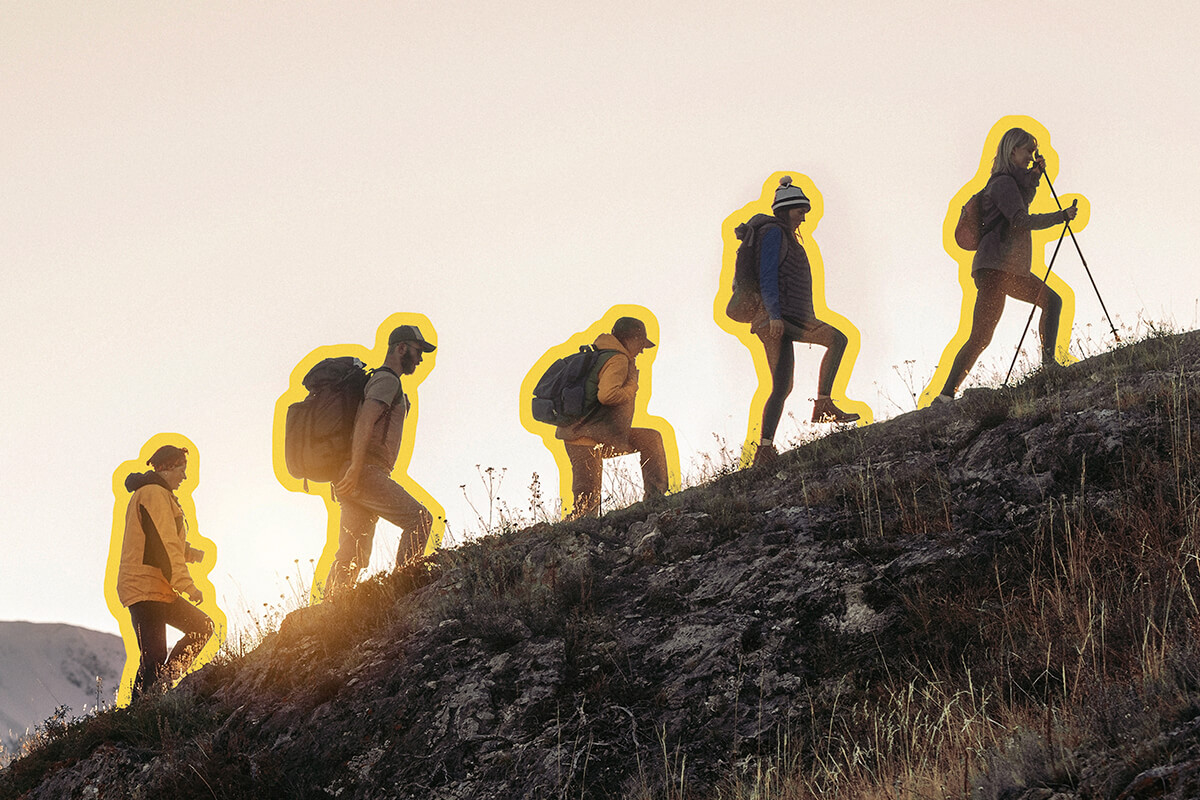The Fame Game: Taking a Startup from Nothing to Something
Every company starts from nothing. David only got famous by giving Goliath a really sore head. So how does a tiny unknown reach giant status? Here Malcolm Ferguson, Octopus Ventures Principal, and Ian Perry, Octopus Venture Partner, tell two very different stories, which taken together, complete the picture.
First, Malcolm on Sofar Sounds:
If you hadn’t heard of Sofar Sounds, that’s fine. Its secrecy is part of its magic and belies its success story. Sofar brings intimate music gigs to unique venues around the world, creating a global community of artists and fans. From its first event in North London in 2009, emerging musicians and fans now come together about 500 times per month in over 400 cities worldwide.
When we came across Sofar, (we first invested in 2014) we were wowed in particular by their NPS (Net Promoter Score), an important measure of the level of customer satisfaction, which was at an impressive 85. (For context, best-in-class brands such as Apple are typically quoted to be in the 70s). Founder Rafe Offer had a big brand background (Diageo, Disney, Coca Cola), but with Sofar, he was turning a passion into a business. From its inception, the Sofar brand was the antithesis of the traditional, synthesised brand, rocket-powered by million-dollar marketing budgets. Sofar’s lifeblood was its grassroots authenticity, so it was essential to protect that magic. Did this have to mean staying small? Not one bit.
Sofar was, and remains, a movement
In the beginning it was relatively simple. Users became instant evangelists (as the insane NPS confirmed). Not only was live music given a new fertile platform, but a nurturing environment for developing music talent emerged, free of the old-style music industry restrictions. Sound, colour, connection, exclusivity: Sofar was, and remains, a movement.
Most B2C brands have to spend to create their reputation and build recognition. Repeating the message, keeping current, competing for share of voice, space and custom – that all costs. But Sofar was doing it on a wave of word-of-mouth, oxygenated by organic social media growth and press. Clearly, the product was right and people wanted it.
In mid-2018, Sofar asked themselves whether they could help more people discover these unique experiences, by trying some subtle, smart marketing spend. Facebook ads appeared, as well as paid search on Google, seeking those who were hungry to experience live music in a more intimate way. New groups who hadn’t yet heard of Sofar but might like it, were targeted. It seems to have worked. Sofar have been able to extend their reach, with many more people now experiencing the Sofar magic each month. NPS scores, which give measurement city by city, gig by gig, are still in the stratosphere. The activity is driven by a clear strategy consisting of two objectives: to help people discover new music and to help artists earn a living.
Sofar is quietly (or not so quietly – depending on how close to the artist you are) penetrating the music industry at every level. Guests are discovering new talent at the outset of their careers, and musicians are reaching audiences in their sitting rooms. Special artists are rising up and meeting megastars along the way: James Bay, Hozier, Emeli Sandé and Ed Sheeran have all performed at an intimate Sofar gig. Can Sofar continue to scale? So far, the sounds are good.
Now Ian Perry Describes a Contrasting Story from the B2B Angle:
Nothing gains notoriety like giving an industry gorilla a bloody nose. When I joined Portal Software, the giants of Internet Service Provision were awakening. The company, based in Silicon Valley, had no people in Europe, no customers and no revenue. What we did have was disruptive tech (that provided real-time billing for ISPs), the capability to execute on it and a culture best described as ‘refuse to lose’. Within five months, we’d won a $25m deal with Deutsche Telecom, leaving the established large billing vendors with that bloody nose referred to earlier.
Two and a half years later, we had 250 people in eight countries with a $65m revenue. Within three years, we had won 19 of the 23 European national telcos, and had successfully achieved Accel’s biggest NASDAQ IPO prior to FaceBook. So how did we get there from zero (literally)?
Technology
The technology, already mentioned, was ahead of the game. Realtime billing was a necessary precursor for monetising internet services, and we were there first.
Execution
The best tech doesn’t go far without the best execution. Any industry is its own network and reputations travel fast – up as well as down. Maintaining a reputation, not only for must-have tech but also exemplary execution, beat off the competition, regardless of size.
Clarity
Clarity of positioning, value proposition and communication was consistent and razor-sharp. It had to be, to cut through the landscape dominated by our giant competitors.
Once committed, the whole company backed it
Culture
In my four years at Portal we lost three deals in EMEA. Let’s just say I remember each one in vivid detail. The ‘refuse to lose’ culture was built on the assumption that we would win every time. Any failure to do so was therefore a painfully personal one. The strategy was to pick an emerging area of acute business pain and focus on resolving it ruthlessly. Once committed, the whole company backed it. The nature of the business we were in – internet billing – meant that a win would secure that customer for years, but a lose would lock us out for the same length of time. Fortunately, we won most of the time.
Casting a Bigger Shadow
When you’re up against giants, it helps to appear bigger than you are. Smoke and mirrors don’t work, there needs to be substance behind the posture. But the energy and intensity of Portal’s culture powered a press campaign, known as ‘Rolling Thunder’. Each month, something would be released that sent a rumble through the sector. Generally it would be about the next win. This kept the momentum of that first big victory going, adding to Portal’s reputation time after time. To borrow the old IBM adage, nobody got fired buying Portal Software.
Something Out of Nothing
These are just two examples of how startups created something out of nothing. Despite their radical differences, one factor shines out with these and other really successful companies: they rarely follow the well-trodden path. Unique companies do things differently. And that’s what makes them special.














